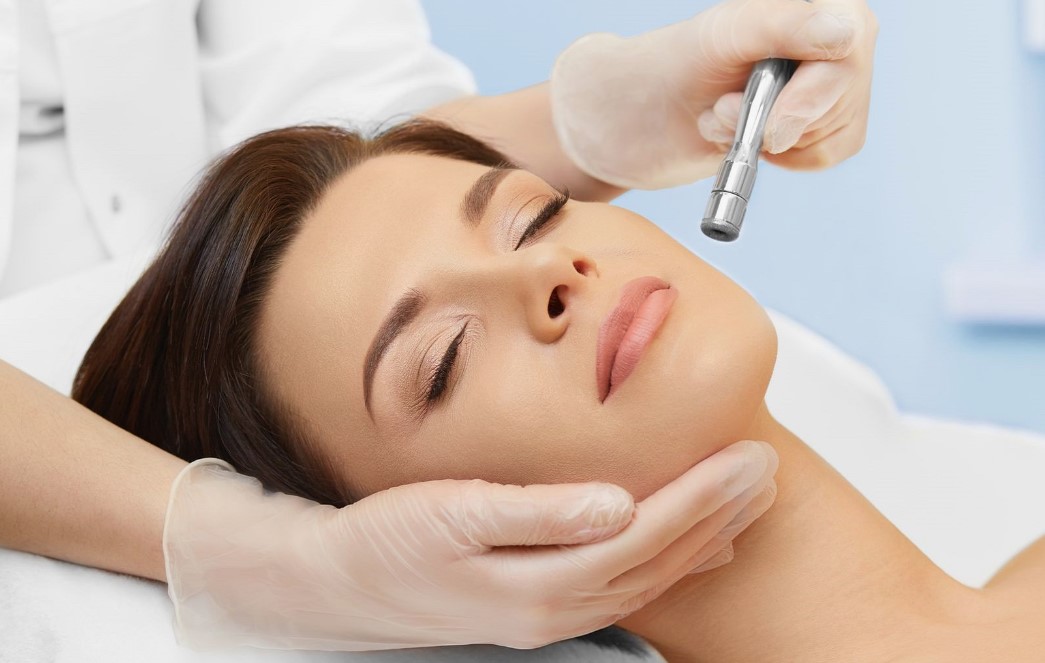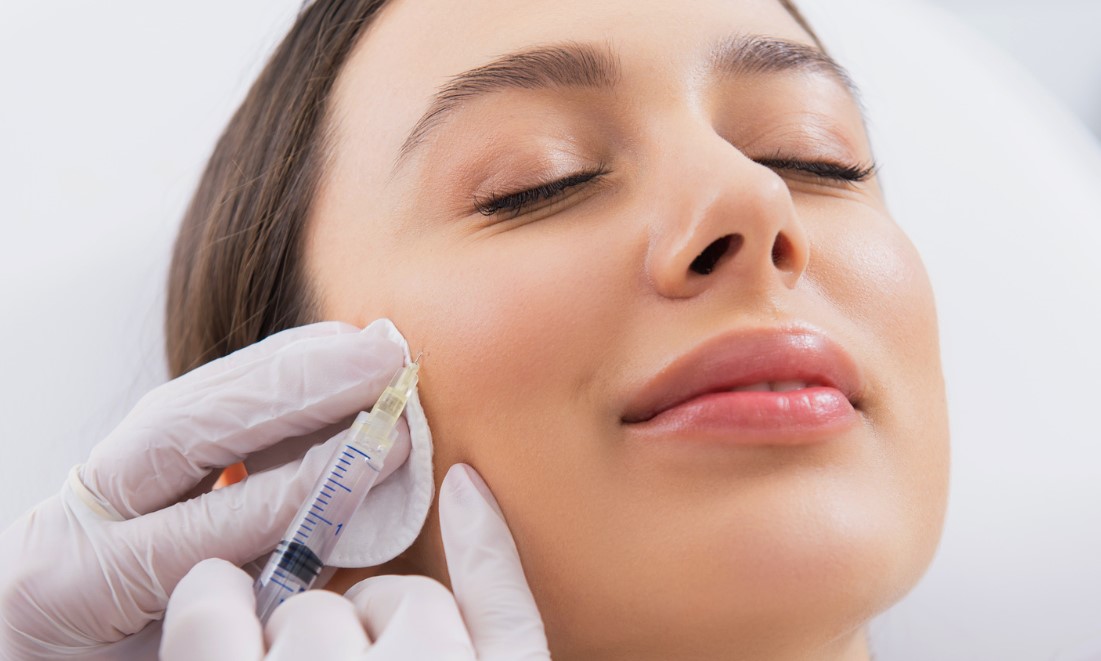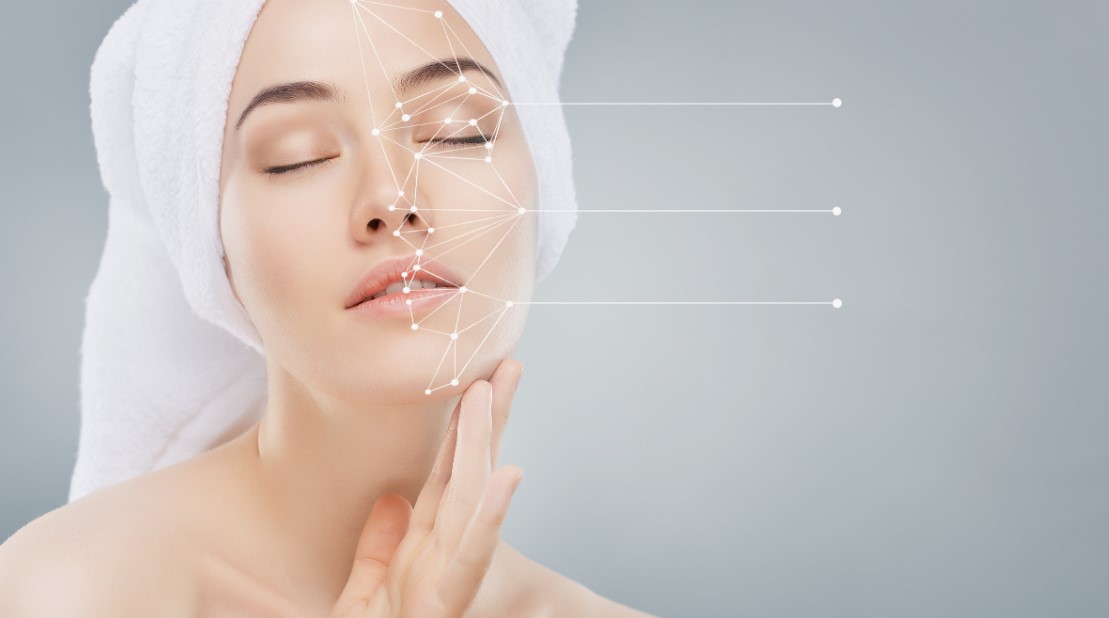The Psychological Impact of Rejuvenation Surgery on Patients
Rejuvenation surgery, encompassing a range of procedures aimed at restoring a youthful appearance, is increasingly popular worldwide. Its appeal extends beyond physical transformation, often significantly impacting patients’ psychological well-being. From improved self-esteem to a shift in social dynamics, the effects of these procedures reach far into emotional and mental health. This article delves into the psychological outcomes of rejuvenation surgery, focusing on factors relevant to Dubai and the UAE, where aesthetic procedures are in high demand.
Page Content
Understanding Rejuvenation Surgery
Rejuvenation surgery refers to aesthetic procedures designed to combat signs of aging. These include facelifts, eyelid surgery, neck lifts, and minimally invasive options like fillers and Botox. Techniques such as SMAS lifting, which target deeper facial layers, are particularly popular for their natural, long-lasting results.
In Dubai and the UAE, the demand for such procedures reflects the region’s emphasis on appearance and self-presentation. The cultural, professional, and social dynamics in this area contribute to the widespread adoption of rejuvenation surgeries, making it an ideal setting to study their psychological impact.
Self-Esteem and Body Image: Core Psychological Drivers
Pre-Surgery Concerns
Many patients seek rejuvenation surgery due to dissatisfaction with their appearance, which may stem from age-related changes, societal pressures, or personal insecurities. A negative body image can lead to reduced self-esteem, impacting social interactions and professional confidence.
Post-Surgery Improvements
Research indicates that rejuvenation surgery often enhances patients’ self-esteem by aligning their physical appearance with their desired self-image. For instance, a study published in Psychological Medicine highlighted that patients who underwent facial rejuvenation reported higher satisfaction with their appearance, leading to improved self-confidence in both personal and professional settings.

Social and Professional Dynamics
Cultural Influence in Dubai and the UAE
In Dubai, appearance plays a significant role in both social and professional spheres. A youthful, vibrant look is often associated with success and vitality. This cultural emphasis drives many residents to invest in aesthetic procedures, seeking not only personal satisfaction but also social acceptance and professional advantages.
Shifts in Social Perception
Post-surgery, patients frequently experience a positive change in how they are perceived by others. Enhanced facial features or a rejuvenated appearance can lead to increased social engagement and a sense of belonging. These shifts reinforce the psychological benefits of the procedure.
Emotional Well-Being: Addressing Anxiety and Depression
Impact of Aging on Mental Health
For some individuals, visible signs of aging can trigger anxiety, sadness, or even depressive symptoms. This emotional response is often tied to feelings of diminished attractiveness or fear of societal judgment.
Relief Through Rejuvenation Surgery
Procedures such as facelifts or eyelid surgeries offer a tangible solution to these concerns. By addressing physical insecurities, rejuvenation surgery can alleviate associated emotional distress, leading to a more positive outlook. According to a report by the American Society of Plastic Surgeons, many patients report feeling happier and more energetic following aesthetic procedures.
The Role of Expectations in Psychological Outcomes
Setting Realistic Goals
A critical factor in determining the psychological success of rejuvenation surgery is managing patient expectations. Unrealistic hopes for dramatic transformations may lead to dissatisfaction, even if the surgical outcome is technically successful.
Importance of Pre-Surgical Consultation
Practitioners play a vital role in guiding patients through realistic goal-setting. In Dubai, where the aesthetic market is competitive, clinics prioritize thorough consultations to ensure patients understand the scope and limitations of their chosen procedure.
Psychological Adaptation Post-Surgery
Adjustment Period
While the initial results of rejuvenation surgery are often celebrated, patients may experience a period of psychological adjustment as they adapt to their new appearance. This phase involves reconciling their self-image with the changes made.
Support Systems
Family and friends play a crucial role during the adjustment phase. Positive reinforcement from social circles helps patients embrace their new look, reinforcing the psychological benefits of the procedure.
Potential Risks to Mental Health
Body Dysmorphic Disorder (BDD)
Patients with pre-existing mental health conditions, such as BDD, may not achieve the expected psychological benefits of surgery. BDD involves an obsessive focus on perceived flaws, leading to dissatisfaction regardless of surgical success.
Screening and Support
Reputable clinics in the UAE, adhering to Dubai Health Authority (DHA) standards, often include psychological evaluations during consultations to identify individuals who may require additional support.
Gender-Specific Psychological Impacts
Women and Rejuvenation Surgery
Globally, women account for the majority of rejuvenation surgeries, often seeking procedures to address age-related concerns or societal beauty standards. In Dubai, these motivations are amplified by the cultural emphasis on maintaining a youthful appearance, particularly among professionals and public figures.
Men and Aesthetic Trends
The rise of “brotox” and male-specific facelifts in the UAE reflects changing attitudes toward men’s appearance. Male patients often report increased confidence and competitiveness in professional environments post-surgery, underlining the psychological benefits across genders.
Rejuvenation Surgery and Cultural Diversity in the UAE
Addressing Diverse Needs
Dubai’s multicultural population presents unique challenges and opportunities for aesthetic surgeons. Patients from different cultural backgrounds bring varied expectations regarding beauty standards and surgical outcomes.
Tailored Approaches
Clinics in the UAE are skilled in tailoring procedures to suit diverse facial structures and aesthetic goals, ensuring both physical and psychological satisfaction.

Statistics on Psychological Outcomes
Global Findings
A study published in Plastic and Reconstructive Surgery reported that 87% of patients who underwent facial rejuvenation surgery felt an improvement in self-confidence. Additionally, 75% noted enhanced quality of life due to their improved appearance.
Local Trends in the UAE
Dubai-based clinics report a high satisfaction rate among patients undergoing procedures like SMAS lifting. The region’s focus on advanced surgical techniques and patient-centered care contributes to these positive outcomes.
The Role of SMAS Lifting in Psychological Benefits
SMAS lifting, which targets the deeper muscular and connective layers of the face, offers natural-looking and long-lasting results. Patients undergoing this procedure often report heightened satisfaction due to its ability to restore youthful contours without the artificial tightness associated with older methods. The psychological impact of such advanced techniques is particularly profound, as patients feel more confident in their appearance while maintaining a natural look.
Future Trends in Rejuvenation Surgery and Psychology
Holistic Patient Care
As the demand for rejuvenation surgery grows, the integration of psychological support into surgical care is becoming increasingly important. Clinics in Dubai are adopting a more holistic approach, addressing both the physical and emotional needs of patients.
Technological Advancements
Advancements in 3D imaging and AI-assisted consultations are helping patients visualize potential outcomes more accurately, reducing pre-surgical anxiety and improving post-surgical satisfaction.
Evolving Aesthetic Norms
Changing societal attitudes toward aging and beauty are likely to influence future trends. As more individuals embrace rejuvenation surgery as a form of self-care, its psychological benefits will continue to be a focus of study and practice.
Conclusion
Rejuvenation surgery has a profound psychological impact on patients, extending beyond physical transformation to enhance self-esteem, emotional well-being, and social confidence. Procedures like facelifts, including SMAS lifting, address age-related insecurities while delivering results that align with personal and cultural expectations. In regions like Dubai and the UAE, where appearance plays a vital role in both personal and professional contexts, these procedures offer significant mental health benefits.
Understanding the psychological aspects of rejuvenation surgery is essential for practitioners and patients alike. By addressing mental health considerations and setting realistic expectations, the aesthetic industry can continue to deliver outcomes that positively impact patients’ lives in meaningful ways.
“Veganism is not a sacrifice. It is a joy.” -Gary L. Francione


